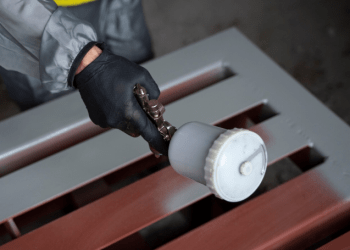What is the full form of ASI in the Indian police? The ASI rank is a non-gazetted police officer below the sub-inspector and head constable. In some police forces, the ASI may also be an investigating officer, and will often work in investigation centres or police outposts. This position also has a number of responsibilities, and this article will explain some of these.
The ASI regulates archaeological activities in India, and is headed by the Director General. The organization has a mandate to protect, explore, and preserve India’s historical monuments. The AMASR Act, 1958, provides rules and regulations for these activities. The ASI also regulates underwater archaeology and operates 50 museums across the country. To learn more, check out their website. We hope you enjoy exploring the many treasures and monuments of the country. You’ll be glad you did!
ASIs are authorized to search for suspects and illegal items. They are usually supervised by a sub-inspector. However, the ASI can also work in clerical roles. Desk jobs require clerical work and keeping files. As an ASI, you’ll get to know the inner workings of the security forces and the jobs they perform. That’s why you should look into the role of an ASI in the Indian police.
The ASI has significant power over archaeological research in India. In the 1990s, Harappan sites were discovered in the Indian subcontinent. The ASI has been responsible for the successful infiltration of Hindutva organizations into the archaeological field. There is no way it can do anything else than satisfy the demands of the BJP. It’s important to understand the history and legacy of the ASI in India so that you can do your part in protecting our archaeological heritage.
The Archaeological Survey of India (ASI) was founded in 1861 by Alexander Cunningham. Its first publication, Ancient India, was in 1902-03. The last issue of Ancient India was published in 1938-39. In 1949, ASI started publishing an annual report called India Archaeology, which is its current name. The ASI was founded by Alexander Cunningham and was attached to the Department of Culture.
Archaeologists have uncovered ancient settlements in Tamil Nadu. Although the existence of these cities is not known, Sangam literature and other evidence point to an urban civilization. Archaeologists working for the ASI in Keezhadi site, near Madurai, have uncovered a fascinating urban civilization. The findings from the Keezhadi site will shed light on the ancient history of Tamil civilization.









